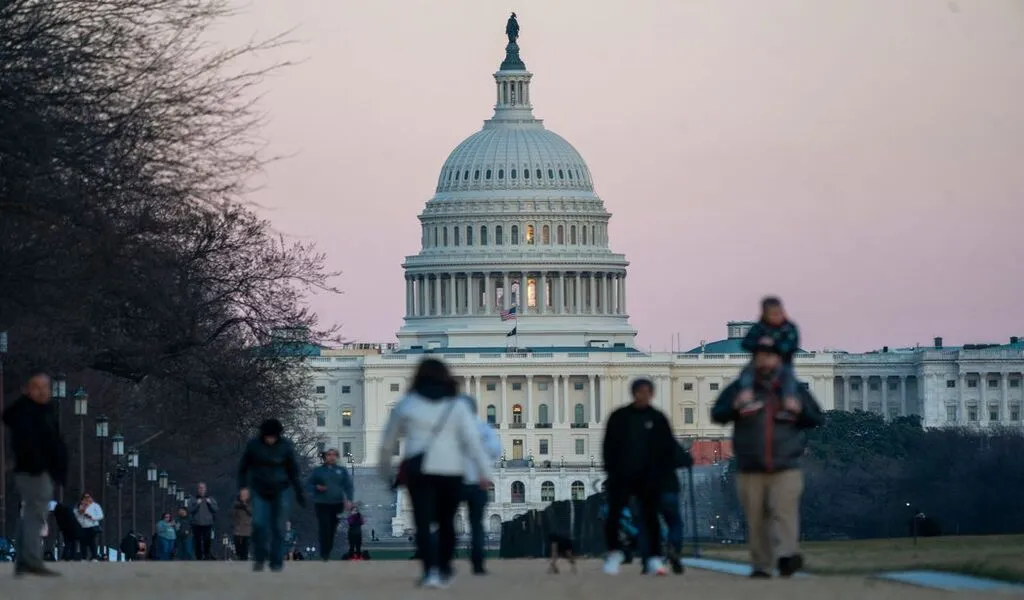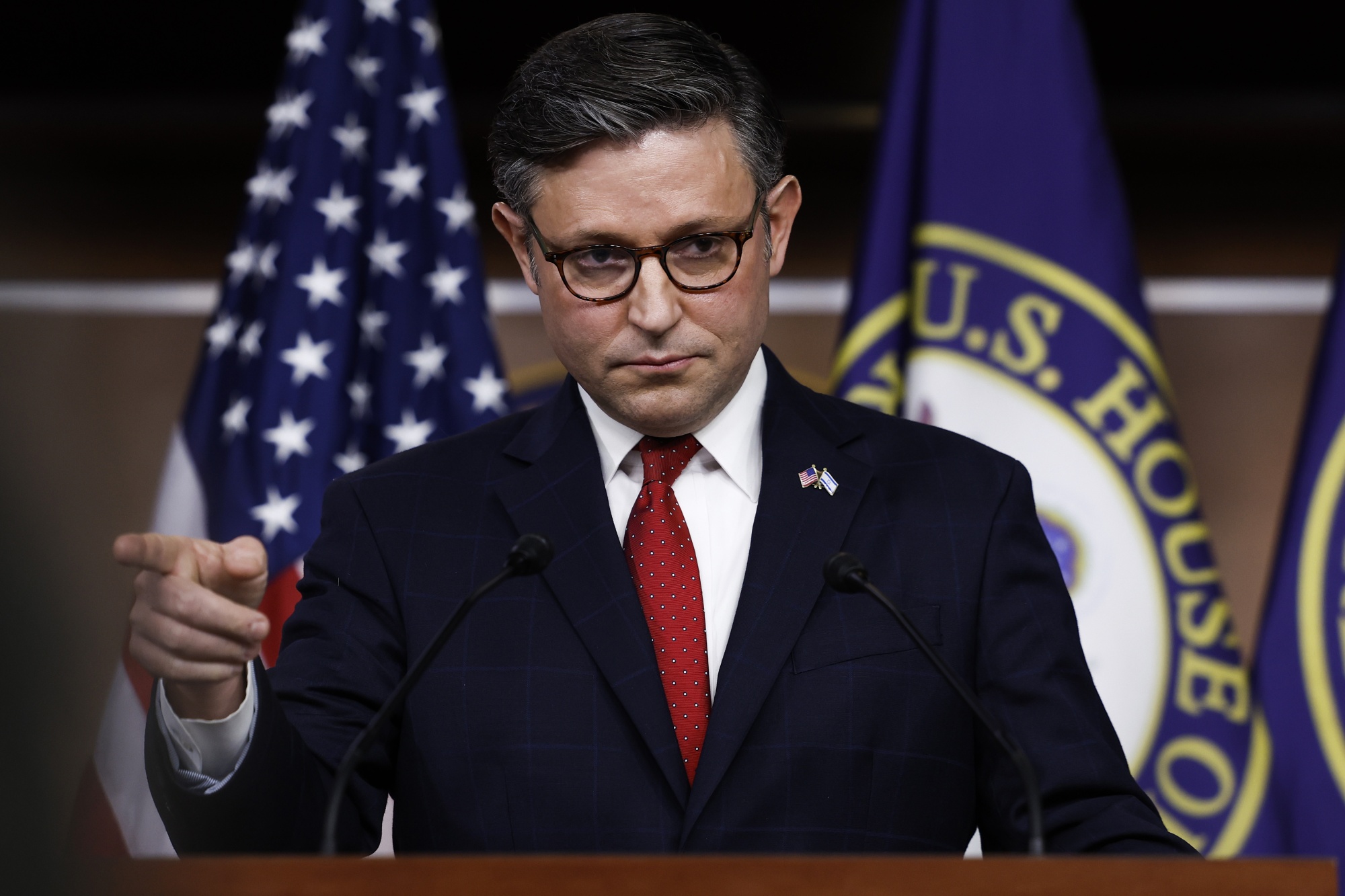(CTN News) – Congress faces yet another looming deadline to reach a spending agreement by Friday, or else the nation braces for another partial government shutdown.
This marks the fourth such deadline in recent months. On each previous occasion, lawmakers resorted to short-term deals, deferring long-term solutions due to their inability to broker a funding compromise.
In January, lawmakers hammered out an agreement on the overall spending amount. However, in the subsequent weeks, the allocation of these funds to various agencies has been bogged down by policy disputes and competing spending requests.
With just five days left until a potential partial shutdown, bills to fund crucial programs for agriculture, food and drugs, energy and water, military construction, veterans affairs, transportation, and housing have yet to be released by leaders.
Adding to the pressure, another shutdown deadline looms shortly after, as funding for key departments including Health and Human Services, Commerce, Labor, State, and Defense expires on March 8.
As the clock ticks down, here’s what you need to know about the approaching government funding deadline:

Every year, the 12 appropriations bills that fund the government for the following year are due by the end of September. However, in 2023, it became evident that lawmakers would not meet this deadline.
Then-House Speaker Kevin McCarthy, a Republican from California, took a risky step by passing an extension through November to keep the government running.
Some conservative Republicans in the House, unhappy that the extension did not include their policy priorities, moved to remove McCarthy from his position.
This led to a deadlock in the House, and eventually, Republicans elected Rep. Mike Johnson, a Republican from Louisiana, as the new speaker.
Since taking over, Johnson has been facing pressure from conservative members to include GOP policy priorities in the government funding bill, such as abortion restrictions and cuts to food assistance.
However, these proposals are opposed by Democrats, and most Senate Republicans also prefer a clean funding bill without these additions.
Senate Minority Leader Mitch McConnell, a Republican from Kentucky, emphasized the need for unity in moving forward with the funding bill. However, the hard-right members are adamant about their demands.
If they cannot achieve their policy goals, they are pushing for an extension until the end of September. Yet, this would lead to across-the-board 1% spending cuts, which Democrats and moderate Republicans oppose.
Both sides are now blaming each other for the delay in finalizing the bill’s details.
Impact of a Government Shutdown
A government shutdown entails the cessation of work and closure of all non-essential federal officials and agencies, potentially leading to the furlough of numerous federal employees.
Essential workers, such as air traffic controllers and emergency personnel, would continue working without pay, with the assurance of back pay once the shutdown concludes.
However, subcontractors for the government may face unemployment without the possibility of receiving back pay. 
Effects Beyond Federal Employees
The ramifications of a shutdown extend to Americans outside the federal government workforce. Delays in food assistance benefits and interruptions to food safety inspections are among the potential consequences.
Agriculture Secretary Tom Vilsack cautioned that funding for critical programs like WIC (Special Supplemental Nutrition Program for Women, Infants, and Children) could face immediate jeopardy in the event of a shutdown.
Majority Leader Chuck Schumer further emphasized the potential disruption to federal housing loan support and veterans programs.
What Comes Next?
Lawmakers may unveil an agreement on the initial four appropriations bills required to maintain government operations as early as Tuesday.
Adhering to a commitment to allow House members a 72-hour window to review any legislation, the House could vote on the bills by Friday morning.
If the plan proceeds smoothly, the Senate would follow suit with a vote on Saturday morning, resulting in only a brief government shutdown with minimal service disruptions.
Technically, funding expires at midnight on Friday.
However, if a consensus proves elusive, leaders may need to consider alternative courses of action. While ultraconservative Republicans advocate for a full-year extension, others lean towards another short-term extension.
Some hard-right members argue in favor of leveraging the threat of a shutdown to secure their demands, a stance generally unpopular with most voters.
RELATED CTN NEWS:
WTO Launches $50 Million Fund To Empower Female Entrepreneurs
Pakistan’s Ex-PM Imran Khan And Wife Bushra Bibi Indicted In £190 Million Reference Case
New Zealand To Repeal Landmark Tobacco Sales Ban Despite Concerns Of Potential Health Risks




